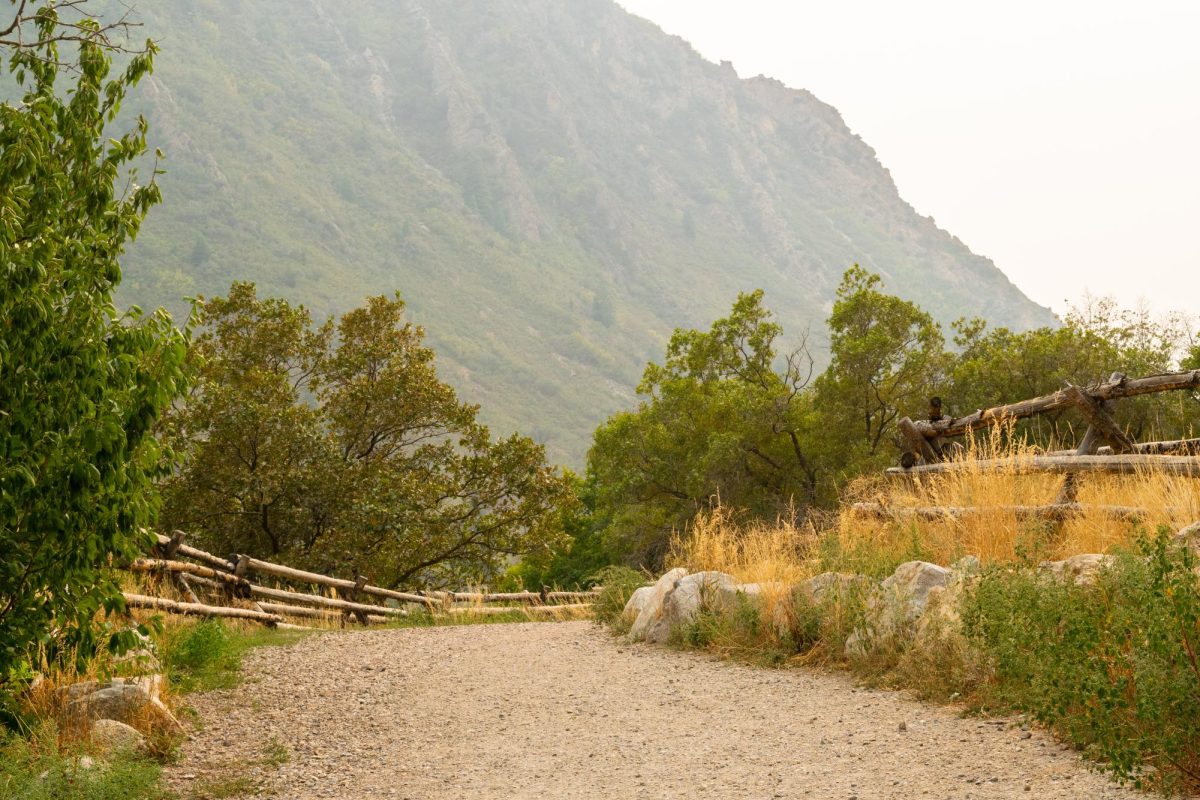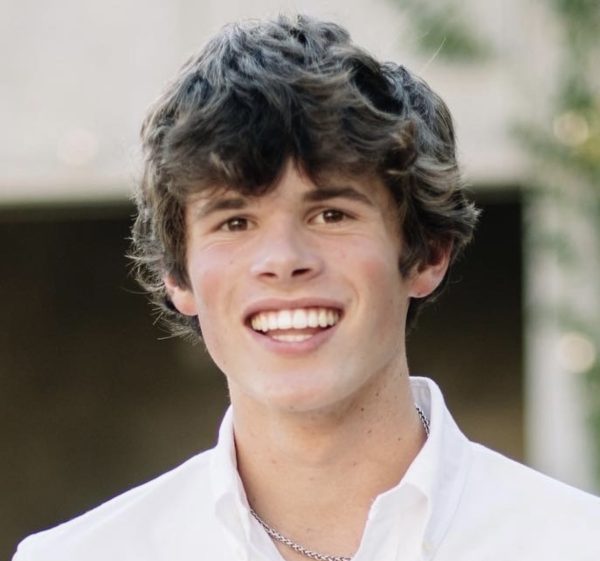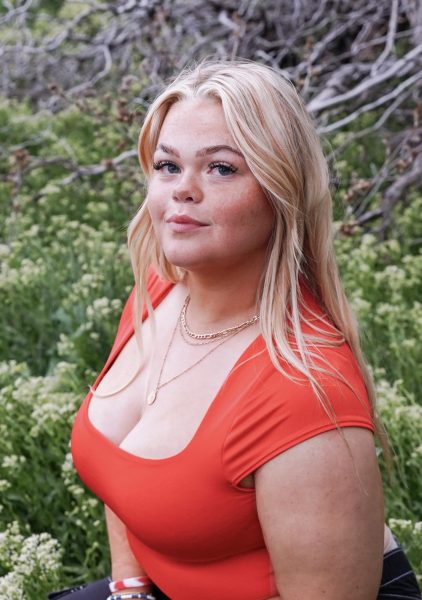This article was originally published in the Outdoors print issue of The Daily Utah Chronicle, originally in stands on September 23, 2024. It has not been updated and some information may be out of date.
The Women’s Outdoor Leadership Initiative (WOLI) has grown to campus-wide prominence since its establishment as a Recognized Student Organization in 2021. It recently won ASUU’s Student Organization of the Year for 2024 and now has around 200 active members.
WOLI was the brainchild of Emma Taylor, one of the organization’s founders, after she returned from a disappointing semester with National Outdoor Leadership School (NOLS). She collaborated with fellow students Katie Wehrly and Gabriella Sanzo, who shared similar frustrations for gender disparities in the outdoors community.
“Emma felt there was a disconnect in her NOLS trip experience, as the male participants were trained earlier and finished hikes faster, with gear not being distributed evenly,” Ryan McNevin, president of WOLI, said. “This motivated her to start WOLI, providing a safe space for female and nonbinary students to gain outdoor skills and build a supportive community.”
Since then, WOLI has grown rapidly and expanded its resources for women and nonbinary students. It hosts two outdoor trips each semester and offers skills and community-based events.
“Every fall and every spring, we’ll go out on at least two different U-Explore or Outdoor Adventures trips that are hosted by female instructors, and it’s all female and nonbinary participants,” McNevin said.
Trips have ranged from a recent rafting trip on the Colorado River in Moab to rock climbing at Ruth Lake in the Uintas. These trips have become exceedingly popular among WOLI members.
“When the club first started, the trips were not selling out quickly, and the club struggled to get people to sign up for the U-Explore trips,” McNevin said. “Now the demand is so high that the club has to use a lottery system to select 30 out of 70-80 interested girls to attend the trips.”
In addition to outdoor excursions, skills-based events have become a cornerstone of WOLI’s mission. These events equip members with practical outdoor knowledge they can apply beyond the organization.
“In these skills events, we focus more on the ‘We’re gonna teach you how to do this so you know how to do it.’ It’s not a one-time thing, like some others may do,” Ava Chambers, WOLI treasurer, said. “We want you to know how to do this after and apply it.”
Past skills events have ranged from women-led Avalanche I courses to backcountry navigation classes to bike mechanic night.
For these trips and skill events, WOLI has begun offering scholarships so that some members can attend for free. The scholarship started as a one-time $2,000 grant from Petzl, and the organization aims to continue it in the future.
“We used the money for spring scholarships for our avalanche course and rafting and climbing trip, allowing two people on each trip to go for free,” Chambers said. “Our future goal is to continue using any funds we raise for similar scholarships.”
Beyond outdoor trips and skill-building, WOLI places a strong emphasis on fostering community. The organization hosts regular social events that allow members to connect and bond over shared interests.
“We regularly have members planning activities like hikes or skiing trips through our carpool group chat,” McNevin said. “Last week, we hosted our first event of the semester — slacklining and pancakes on the Union lawn. It was a two-hour meet and greet where members could chat, connect and meet others with similar interests.”
In addition to trips and social events, WOLI has spearheaded important conversations around diversity and inclusion in the outdoor community. For the past two years, the organization has hosted a panel discussion that invites the broader campus community to engage in these discussions.
“The first year, we had over 200 people attend, and our panelists talked about breaking down barriers in the outdoor space,” McNevin said.
The panel aims to engage the entire campus in conversations about outdoor inclusivity, extending beyond WOLI members.
“We want everyone to be part of the discussion — male, female, nonbinary, people from all backgrounds,” Chambers said. “The panel explored how white, cis male participants can take responsibility to include their female, nonbinary and BIPOC friends in outdoor activities. It’s about making the outdoors a space for everyone.”
The following year’s panel expanded on that theme, focusing more on confidence and mentorship in the outdoor community.
“We wanted to encourage people who feel confident in outdoor spaces to share that knowledge and mentor others who might feel intimidated,” Chambers said. “It’s about creating a safe and welcoming environment for everyone and passing on skills that make outdoor activities more accessible.”




